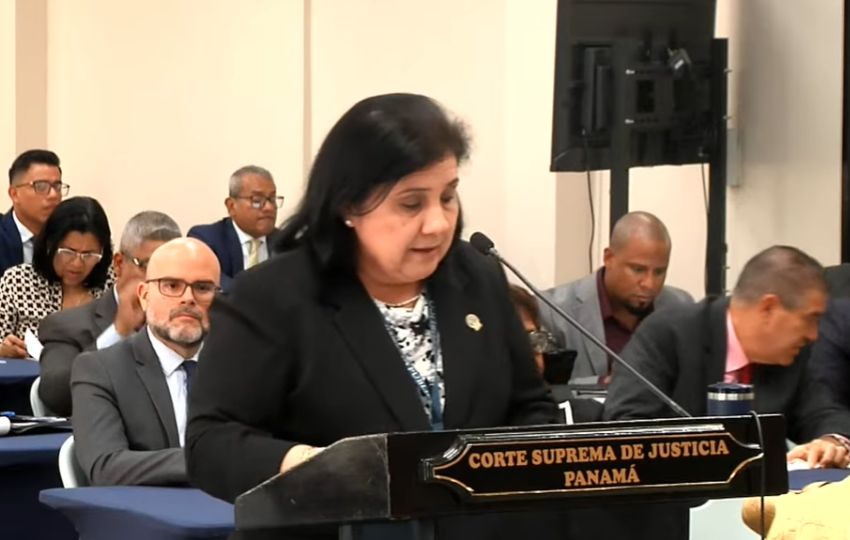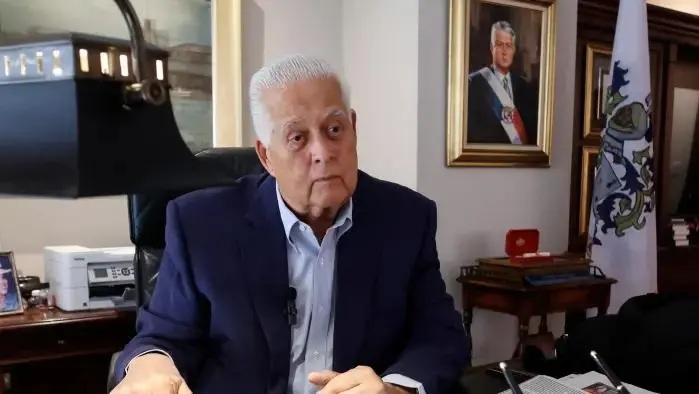Wiretap scandal suspects remain in prison

THE TWO FORMER secretaries of Panama’s National Security Council, implicated in the wiretapping of critics of the Ricardo Martinelli administration, will remain behind bars until victims have the chance to join the appeal against their transfer to house arrest.
The Sixteenth Criminal Court must notify 11 complainants (victims) of the precautionary measure of house arrest granted to Gustavo Perez and Alejandro Garuz, currently in the El Renacer prison.
The 11 complainants of a total of 1 who did not attend the preliminary hearing of the criminal proceedings against Perez, Garuz for illegal wiretapping during the previous government. William Pittí and Ronny Rodriguez also accused are fugitives from justice
Judicial sources said told La prensa that after the organized crime prosecutor announced his appeal against house arrest he have three business days to support his case in writing.
Once notified, the other 11 complainants may, each, give notice and support the appeal.
This whole process should be completed before Judge Enriquez Perz decides to send the appeal to the Second Superior Court for judgment
In addition to the prosecutor attorney Angel Alvarez is appealing on behalf of plaintiffs who showed up at the initial court hearing
While these procedure are underway, Perez and Garuz will remain behind bars in El Renacer prison.
EARLIER RULINGS
In two judgments on February 6 , the Supreme Court) resolved two habeas corpus appeals and declared legal the detention of Perez and Garuz.
The Court considered that there is sufficient evidence linking Perez and Garuz with serious matters and they represent a flight risk.
However, Judge Perez argued that his decision is not bound by or supported by the earlier judgments of the Court. According to the judge, considering that the penalty for the offense against the inviolability of secrecy is 47 months, it is not feasible to maintain the detention of Garuz and Perez.
After the preliminary hearing, the Judge Perez must decide whether to send the four accused to trial.
A total of 150 people were affected by surveillance of which 40 gave affidavits to the prosecution and 16 became complainants (victims).





